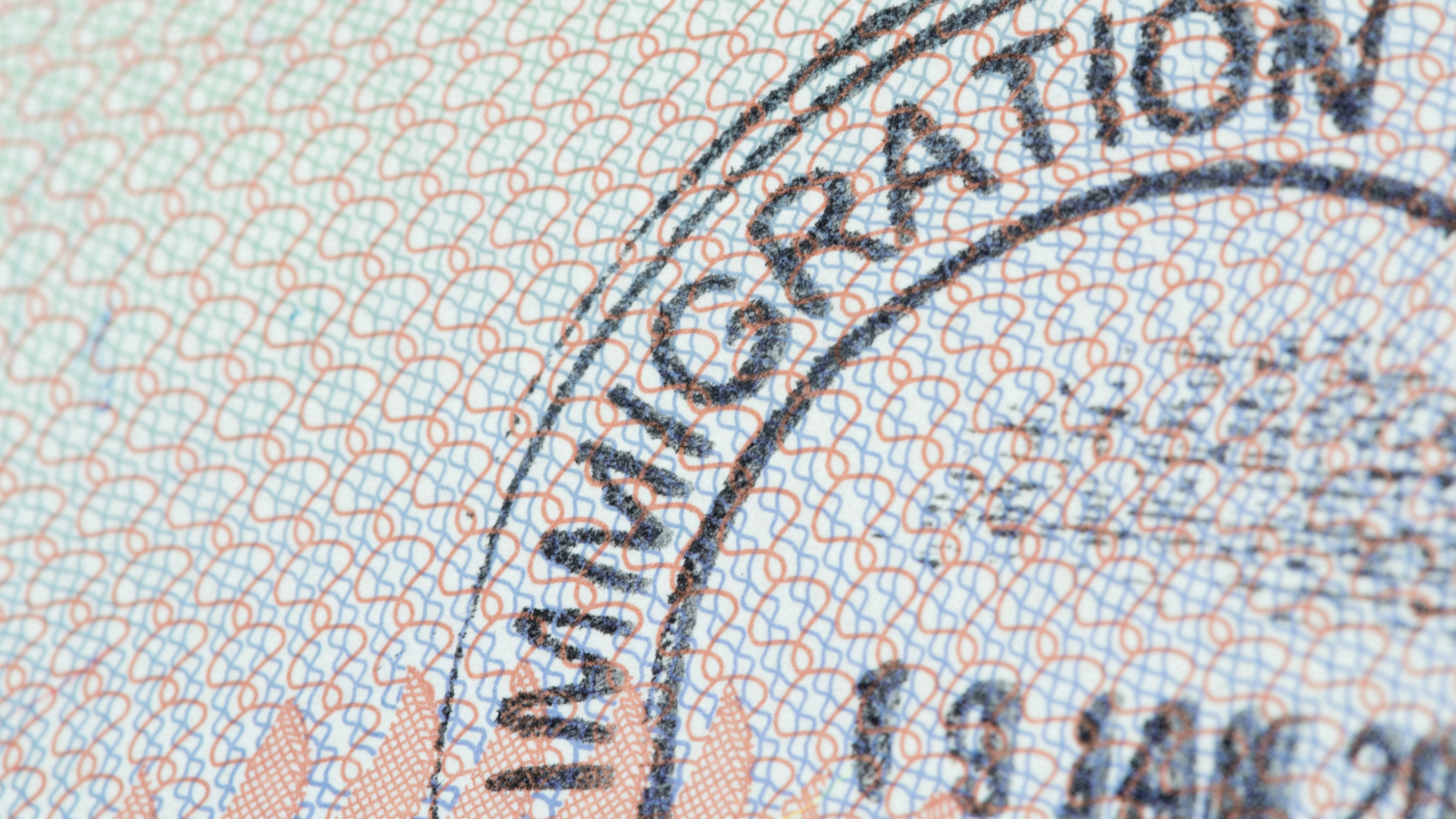MANILA – The US State Department has issued a Worldwide Caution, reminding all U.S. citizens to remain vigilant against the threat of terrorism and violence.
In a January 24 (Wednesday in Manila) advisory, the State Department remains concerned about the continued threat of terrorist attacks, demonstrations, and other violent actions against U.S. citizens and interests overseas.
“Current information suggests that al-Qaida, its affiliated organizations, and other terrorist organizations continue to plan terrorist attacks against U.S. interests in multiple regions, including Europe, Asia, Africa, and the Middle East. These attacks may employ a wide variety of tactics including suicide operations, assassinations, kidnappings, hijackings, and bombings,” the advisory said.
The reminder, which replaced the July 26, 2011 advisory, said extremists might elect to use conventional or non-conventional weapons, and target both official and private interests. Examples of such targets include high-profile sporting events, residential areas, business offices, hotels, clubs, restaurants, places of worship, schools, public areas, and other tourist destinations both in the United States and abroad where U.S. citizens gather in large numbers, including during holidays.
“U.S. citizens are reminded of the potential for terrorists to attack public transportation systems and other tourist infrastructure. Extremists have targeted and attempted attacks on subway and rail systems, aviation, and maritime services. In the past several years, these types of attacks have occurred in cities such as Moscow, London, Madrid, Glasgow, and New York City,” it said.
The following is the specific regional advisories:
EUROPE: Current information suggests that al-Qaida, its affiliated organizations and other terrorist groups continue to plan terrorist attacks against U.S. and Western interests in Europe. European governments have taken action to guard against terrorist attack, and some have spoken publicly about the heightened threat conditions. In the past several years, attacks have been planned or occurred in various European cities.
MIDDLE EAST and NORTH AFRICA: Credible information indicates terrorist groups also seek to continue attacks against U.S. interests in the Middle East and North Africa. For example, Iraq remains dangerous and unpredictable. U.S. military forces have withdrawn as of December 31, 2011 but the threat of attacks against U.S. citizens, including kidnapping and terrorist violence, is expected to continue. Methods of attack have included roadside improvised explosive devices, mortars, and shootings. Security threat levels remain high in Yemen due to terrorist activities there. The U.S. Embassy has had to close several times in response to ongoing threats by al-Qaida in the Arabian Peninsula (AQAP). U.S. citizens as well as other Westerners have been targeted for attack in Yemen. U.S. citizens have also been the targets of numerous terrorist attacks in Lebanon in the past (though none recently) and the threat of anti-Western terrorist activity continues to exist there. In Algeria, terrorist attacks occur regularly, particularly in the Kabylie region of the country. In the past, terrorists have targeted oil-processing facilities in both Saudi Arabia and Yemen. Some elements in Iran remain hostile to the United States. U.S. citizens should remain cautious and be aware that there may be a more aggressive focus by the Iranian government on terrorist activity against U.S citizens.
The events of last year’s Arab Spring, which affected many countries in the Middle East including Egypt, Libya, Yemen, Bahrain, and Syria, have resulted in civil unrest and large-scale protests and demonstrations. U.S. citizens are warned that demonstrations intended to be peaceful can escalate into violent clashes. U.S. citizens are reminded that demonstrations and riots can occur with little or no warning. U.S. citizens are urged to avoid areas of demonstrations if possible and to exercise caution if within the vicinity of a demonstration.
AFRICA: A number of al-Qaida operatives and other extremists are believed to be operating in and around Africa. Since the July 11, 2010 terrorist bombings in Kampala, Uganda, for which the Somalia-based, U.S.-designated Foreign Terrorist Organization al-Shabaab has claimed responsibility, there have been increased threats against public areas across East Africa. The terrorist attacks of October 2011 against the Transitional Federal Government (TFG) and African Union (AU) peacekeeping forces in Somalia, as well as the grenade attacks against a nightclub and bus stop in downtown Nairobi, Kenya, highlight the vulnerabilities to terrorist attacks in East Africa and around the world. Additionally, the terrorist group al-Qaida in the Lands of the Islamic Maghreb (AQIM) has declared its intention to attack Western targets throughout the Sahel (which includes Mali, Mauritania, and Niger). It has claimed responsibility for kidnappings, attempted kidnappings, and the murder of several Westerners throughout the region, including southern Algeria. In Nigeria, a group known as Boko Haram claimed responsibility for an August 26, 2011, suicide bombing attack on the United Nations Headquarters in Abuja that killed 25 people and wounded more than 120.
U.S. citizens considering travel by sea near the Horn of Africa or in the southern Red Sea should exercise extreme caution, as there has been a notable increase in armed attacks, robberies, and kidnappings for ransom by pirates. Merchant vessels continue to be hijacked in Somali territorial waters, while others have been hijacked as far as 1,000 nautical miles off the coast of Somalia, Yemen, and Kenya in international waters.
The U.S. government maritime authorities advise mariners to avoid the port of Mogadishu and to remain at least 200 nautical miles off the coast of Somalia. In addition, when transiting around the Horn of Africa or in the Red Sea, it is strongly recommended that vessels travel in convoys and maintain good communications at all times. U.S. citizens traveling on commercial passenger vessels should consult with the shipping or cruise ship company regarding precautions that will be taken to avoid hijacking incidents. Commercial vessels should review the Department of Transportation Maritime Administration’s suggested piracy countermeasures for vessels transiting the Gulf of Aden.
SOUTH ASIA: The U.S. government continues to receive information that terrorist groups in South and Central Asia may also be planning attacks in the region, possibly against U.S. government facilities, U.S. citizens, or U.S. interests. The presence of al-Qaida and its affiliates [Taliban elements, Lashkar-e-Taiba, indigenous sectarian groups, and other terror organizations], many of which are on the U.S. government’s list of Foreign Terror Organizations (FTOs), poses a potential danger to U.S. citizens in the region. Terrorists and their sympathizers have demonstrated their willingness and ability to attack targets where U.S. citizens or Westerners are known to congregate or visit. Their actions may include, but are not limited to, vehicle-born explosive attacks, improvised explosive device attacks, assassinations, carjackings, rocket attacks, assaults, or kidnappings.
Such attacks have occurred in a number of South Asian states, including Pakistan, where a number of extremist groups continue to target U.S. and other Western citizens and interests, and Pakistani government and military/law enforcement personnel. Suicide bombing attacks continue to occur throughout the country on a regular basis, often targeting government authorities such as police checkpoints and military installations, as well as public areas such as mosques, and shopping areas. Kidnappings of U.S. citizens are also on the increase. In Afghanistan, remnants of the former Taliban regime and the al-Qaida terrorist network, as well as other groups hostile to International Security Assistance Force (ISAF)/NATO military operations, remain active. There is an ongoing threat of kidnapping and assassination of U.S. citizens and Non-Governmental Organization (NGO) workers throughout the country. There is an increased threat of terrorism in India. Terrorists have targeted public places in India frequented by Westerners, including luxury and other hotels, trains, train stations, markets, cinemas, mosques, and restaurants in large urban areas.
CENTRAL ASIA: Supporters of terrorist groups such as the Islamic Movement of Uzbekistan, al-Qaida, the Islamic Jihad Union, and the Eastern Turkistan Islamic Movement are active in the Central Asian region. Members of these groups have expressed anti-U.S. sentiments and attacked U.S. government interests in the past. Previous terrorist attacks conducted in Central Asia have involved improvised explosive devices, suicide bombings, assassinations, and kidnappings.
EAST ASIA: Regional and international terrorist organizations remain active in the region and have attacked U.S. interests in the past.





